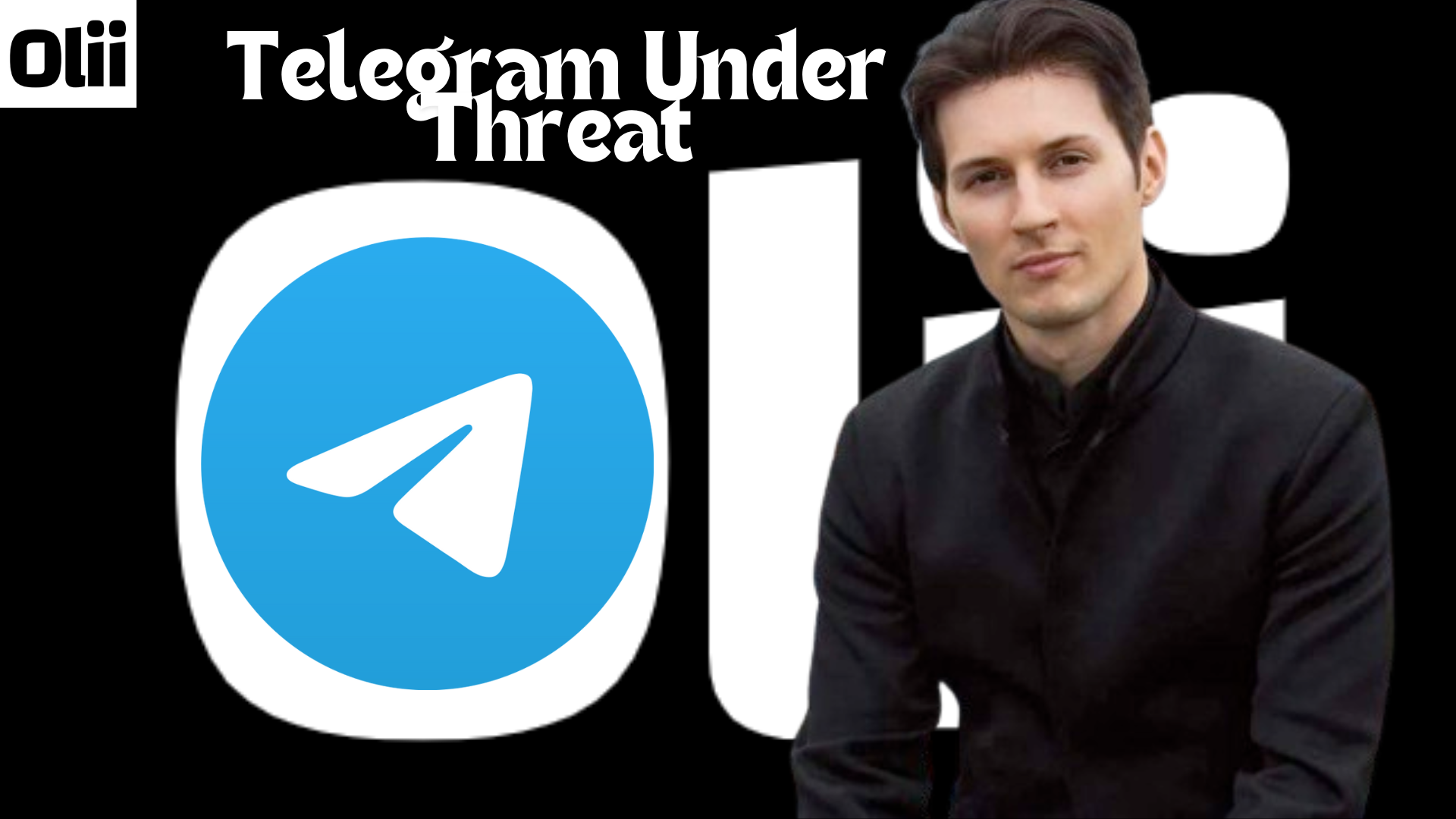Telegram’s CEO, Pavel Durov, Under Arrest: A Clash Between Free Speech and Online Safety
The arrest of Pavel Durov, the enigmatic founder and CEO of the popular messaging app Telegram, has sent shockwaves through the tech world, raising concerns about the future of online freedom and the role of tech companies in combating abuse.

Durov, known for his outspoken criticism of censorship and his commitment to privacy, was taken into custody in France on allegations of failing to adequately moderate illegal activity on Telegram, including the distribution of child sexual abuse material and drug trafficking. The arrest has sparked a fierce debate about the balance between free speech and the responsibilities of tech companies to protect users from harm.
Telegram, which has gained a reputation for its strong encryption and user privacy, has vehemently denied the allegations. However, critics argue that the platform’s decentralized nature and focus on privacy have made it a haven for illegal activities, including the sale of illicit drugs and the exchange of child exploitation images.
The arrest of Durov has ignited a fierce debate about the responsibilities of tech companies in moderating content. While some argue that platforms should have a greater responsibility to remove harmful content, others warn that excessive censorship can stifle free speech. The case has also raised questions about the effectiveness of existing laws and regulations in addressing online abuse.

The arrest of Durov has drawn widespread attention and condemnation from tech industry leaders and human rights activists. Elon Musk, the CEO of X (formerly Twitter), has publicly expressed his support for Durov, calling the arrest a “grave injustice.” Edward Snowden, a former NSA contractor turned whistleblower, has also condemned the move, arguing that it is an attack on fundamental human rights.
The arrest of Durov has significant implications for the future of Telegram and the broader tech industry. If found guilty, Durov could face a lengthy prison sentence. The case also raises questions about the long-term viability of Telegram as a platform for free and open communication.

As the legal proceedings against Durov unfold, the world will be watching closely to see how this case shapes the debate about online safety and the future of free speech in the digital age. The outcome of the case could have far-reaching consequences for tech companies around the globe.











